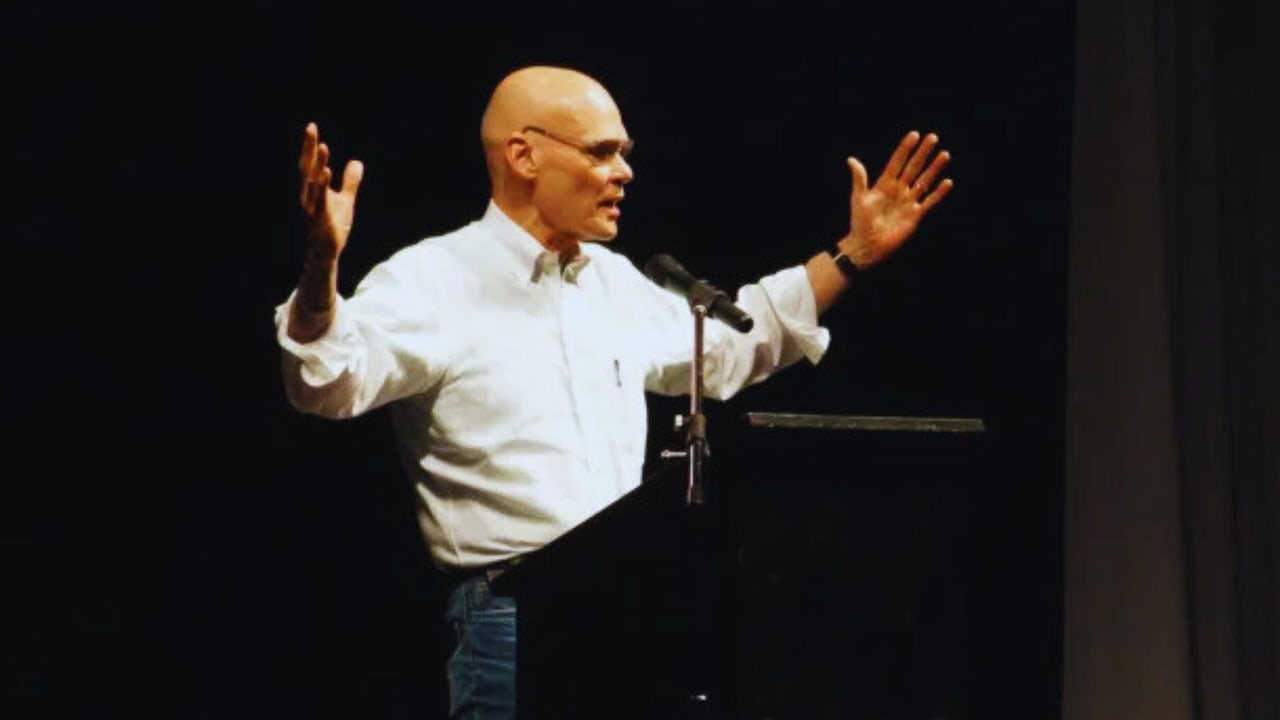Trump’s Triumph: Democrats Scramble to Decode Voter Information Sources
In the wake of Donald Trump’s stunning victory in the 2024 presidential election, James Carville, the veteran Democratic strategist, is sounding the alarm on a critical issue facing his party: understanding how voters consume information. As Democrats grapple with their losses across the board, Carville’s insights shed light on a potential blind spot that may have contributed to their defeat.
The Information Gap
Speaking on The New Republic’s “The Daily Blast” podcast, Carville highlighted a significant disconnect between the Democratic Party and its potential voters. “We don’t know how people get their information,” he admitted, pointing out that his media consumption habits, centered around traditional news sources, may be out of touch with younger generations.
This revelation comes as Democrats face a triple loss, with Republicans securing majorities in the House, Senate, and the White House. The party is now in a period of intense self-reflection, searching for answers to explain their electoral setbacks.
Diverse Theories on Democratic Woes
Several theories have emerged to explain the Democrats’ poor performance:
- Economic Messaging: Some argue that the party failed to communicate effectively on kitchen-table issues like inflation and wage growth.
- Foreign Policy: The ongoing Israel-Hamas conflict has been a divisive issue for the party.
- Culture Wars: Debates surrounding LGBTQ rights, particularly transgender issues, may have alienated some voters.
However, Carville’s focus on information consumption patterns suggests a more fundamental problem that could underlie these issues.
The TikTok Factor
In a telling anecdote, Carville recounted a conversation with a political consultant who conducted focus groups with Black voters in Milwaukee. The key takeaway? “They’re on TikTok,” Carville noted, highlighting the platform’s importance as an information source for specific demographics.
This revelation underscores the need for Democrats to expand their understanding of media consumption beyond traditional channels. The party’s reliance on conventional news outlets may have left them out of touch with significant portions of the electorate.
Trump’s Media Savvy
Carville begrudgingly acknowledged the Trump campaign’s superior grasp of voter communication. I guess that when the books were written about this election, the Trump people had a better understanding of who they were talking to, how they were talking to, and again, what medium you speak to people through,” he said.
This assessment suggests that the Republican strategy was more in tune with the diverse ways different voter groups access information, giving them a crucial advantage in reaching and persuading key demographics.
A Call for Comprehensive Research
Carville advocates for an “exhaustive, detailed, well-fielded, well-constructed survey on media consumption to address this knowledge gap.” He emphasizes the need to go beyond standard polling methods, recognizing the complexity of the modern media landscape.
The veteran strategist believes such research could yield surprising results, given the many news sources available to voters today. “People have so many different news sources. You can’t do the standard pick from one,” he explained.
Looking Ahead: Retaining and Expanding the Base
Carville’s proposed research goes beyond understanding how to reach new voters. He stresses the importance of retaining existing Democratic supporters as well. “It’s also, ‘How do we retain the voters that we have?'” he noted, suggesting that the party’s challenges extend beyond attracting new supporters.
As Democrats regroup and strategize for future elections, Carville’s insights highlight the urgent need for a deeper understanding of modern media consumption patterns. By bridging this information gap, the party may be able to craft more effective messaging strategies and reconnect with voters across diverse demographics.
In the rapidly evolving landscape of political communication, staying ahead of media trends could be the key to future electoral success. As Carville’s project moves forward, it may provide crucial insights that could reshape Democratic outreach efforts in the years to come.
